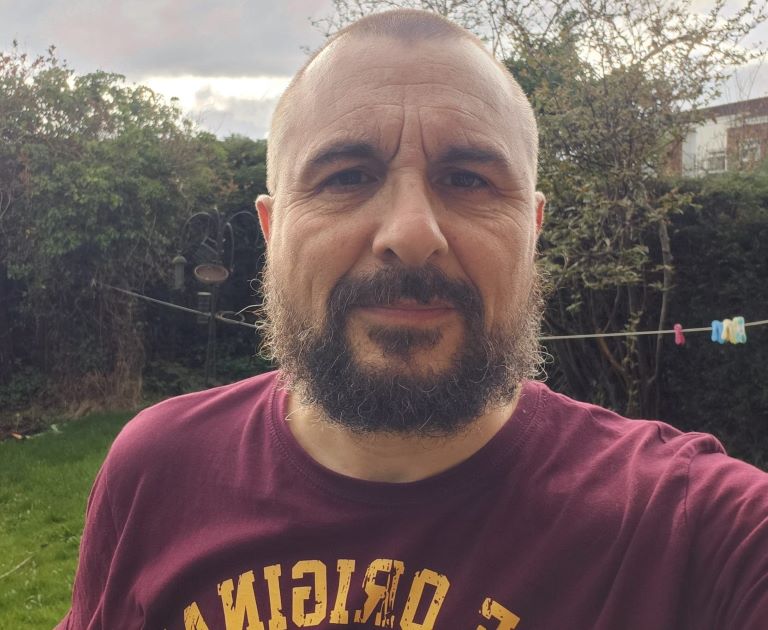Neurodiversity Celebration Week: Rhys’ Story
19/03/2024

So, I wasn’t diagnosed [with Autism] until I was 49. People basically just didn’t know about it in the 70s and 80s when I was growing up. And so, I had a lifetime of struggling really and not knowing why, not knowing what was going on.
I have had a lot of jobs and in them have experienced struggles and challenges. And so, at about 47, I started to read about autism and started to think that that was, I seemed to fit with that. I finally went to the doctors after about year and it was about a year and half wait for an assessment. I finally got the assessment and was diagnosed. That was, just before lockdown, so it was about 3 or 4 years ago now.
Although it’s not the be all or end all, [having a diagnosis] especially with autism (because there’s no medication that people can rely on), it’s very reassuring, especially with understanding how you process the world and how you process information. And it makes sense of a lot of stuff I guess.
I think the real problem is that it pathologizes neurodivergence in general as this dreadful disease or something. You know I always compare it to the difference between an iPhone and an android phone. You know both have got their advantages and both have got disadvantages. And that’s really the only way I look at it.
I think [I was surprised] by how you look back and realise the emotion that’s gone into problems that you had were down to neurodivergence. And some of the physical stuff that people don’t necessarily know about. I don’t have very much hand-eye coordination or bodily control coordination. I don’t think you see many autistic football players. And that’s quite a strange thing to realise. Even that you’re very clumsy, people don’t necessarily know that about autism, but it’s very physical, and there’s another side to it… I can’t control the heat in my body necessarily, I overheat very quickly. And I get hives and stuff because of that. And another thing is that it takes me a long time to process questions and come up with the right answer.
I think what everyone thinks about with autism is the film Rain Man, the man that it was based upon also had what’s called Savant syndrome. But it’s the savantism everyone remembers as autistic. So, there’s this image of autism. People think you’re going to be able to have these incredible, genius skills of winning money at casinos and that kind of thing. But that’s not autism. That’s the idea that we’re all really… Rain Man, because it’s really stuck in people’s minds.
Autism is environment based. Whether it’s disability or not, if you’re emerged in a neurotypical world then there’s a good chance you’ll be at a disadvantage. But if you’re in a more autistic friendly world, for example STEM sectors, you know I don’t know what the statistic is but it’s well over half the people there are autistic. You know they’re thriving and bringing a massive contribution to society. Balance is important and having a celebration week for people, shows it’s got advantages and disadvantages and raises awareness.
Rhys works as a Community Engagement Worker in our Improving Physical Health Team.
